Nassia Matsa, a model, experienced a disturbing incident where her likeness appeared in an advertisement without her consent. Sitting on the tube, she saw an insurance ad featuring a model who looked strikingly similar to her.
Matsa had never worked with this company, yet the model’s features and styling were eerily reminiscent of a shoot she did in 2018. “The model looks just like me … I’ve never done a shoot for this insurance company,” Matsa stated.
Recognizing a Friend in an AI Altered Ad
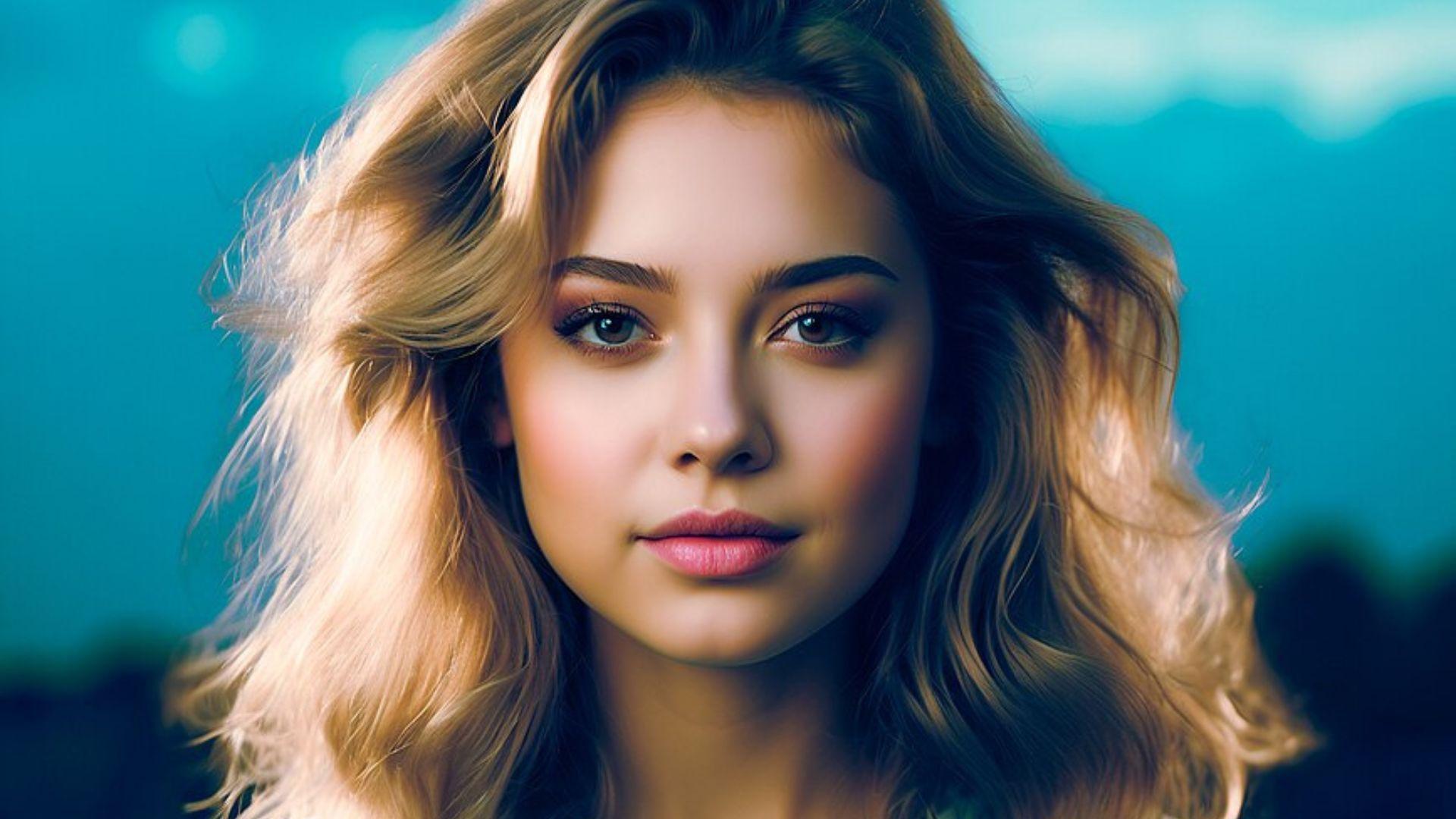
Matsa revealed to Dazed Digital that months after her initial shock, she encountered another advertisement from the same company. This time, a friend’s face was used, altered in a way that made it slightly distorted and unnatural.
Matsa realized the grim reality: “We had been AI’ed without our permission; our faces and bodies turned into digital dolls,” she said.
The Rise of AI Models in Advertising
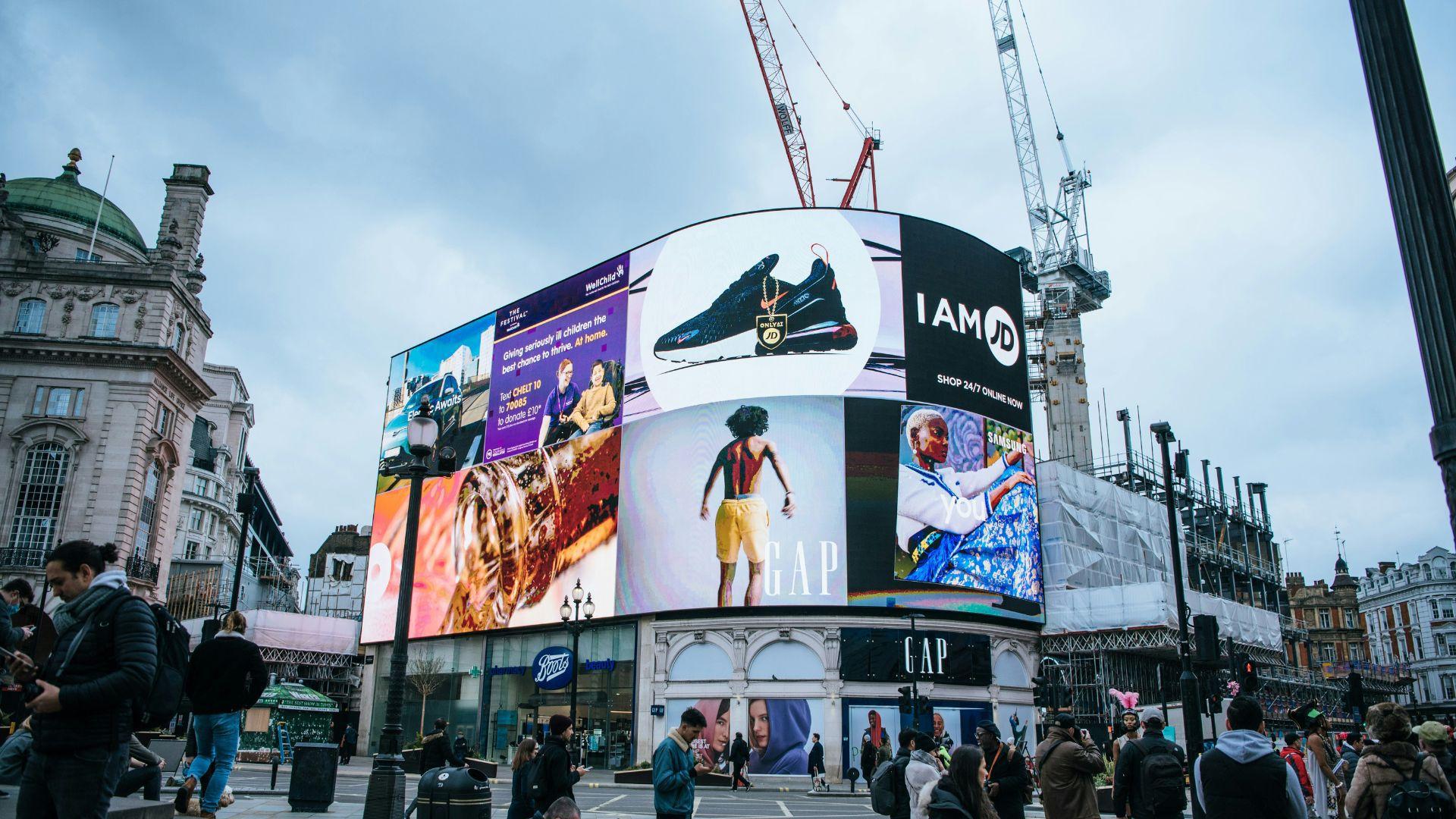
AI models are increasingly being used in advertising, often without public awareness. The technology to create these models is becoming more accessible, raising concerns among professional models.
Sara Ziff, founder of The Model Alliance, told Dazed Digital, “We’ve been receiving a growing number of calls from models who were being body scanned and then losing the rights to the image of their bodies.”
AI Models: The New Faces of Fashion
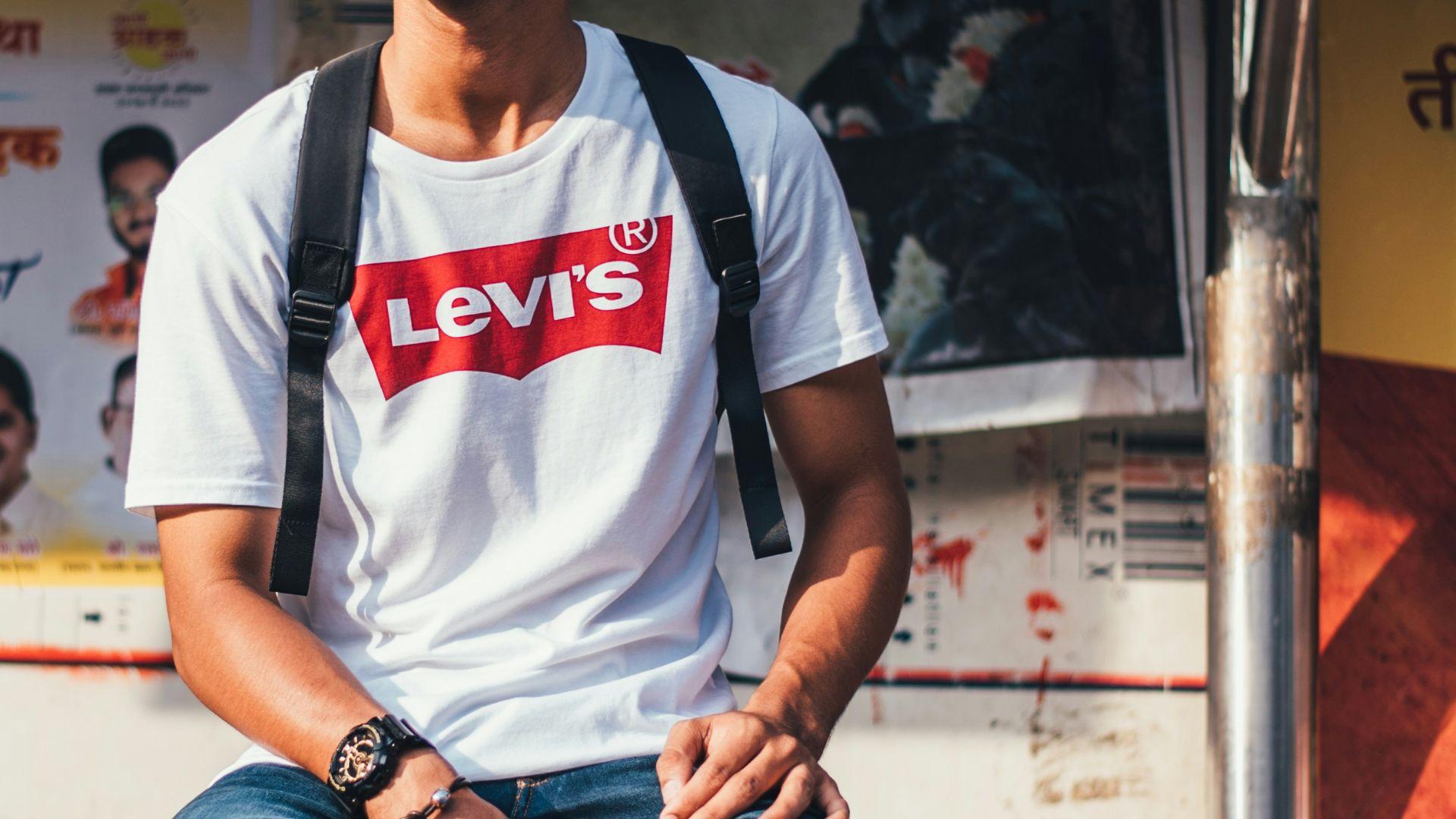
The Guardian reports on a Levi’s campaign from 2023 that features an AI-generated model, which is a product of Levi’s collaboration with LaLaLand.ai.
Levi’s claim that the aim is to create a more inclusive experience, showing diversity in size, skin tone, and age on its e-commerce platform.
Technology in Fashion: A Positive Perspective
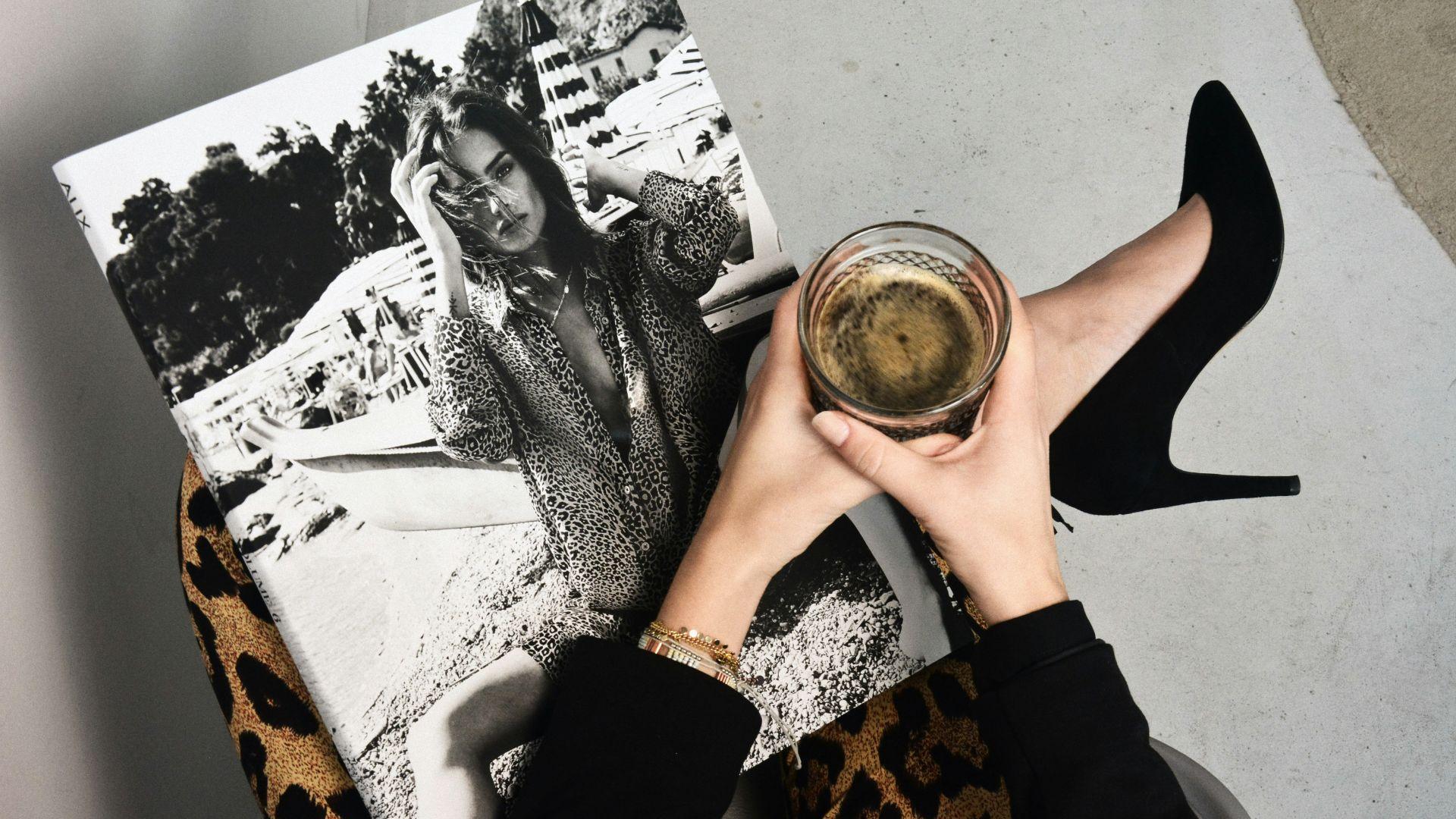
Amy Gershkoff Bolles of Levi’s spotlights their innovative strategy, where AI models complement human ones, broadening the spectrum of representation.
“AI-generated models can be used in conjunction with human models to potentially expand the number of models per product,” explained a Levi’s spokesperson to The Guardian.
U.K. Models Facing Unauthorized Image Use
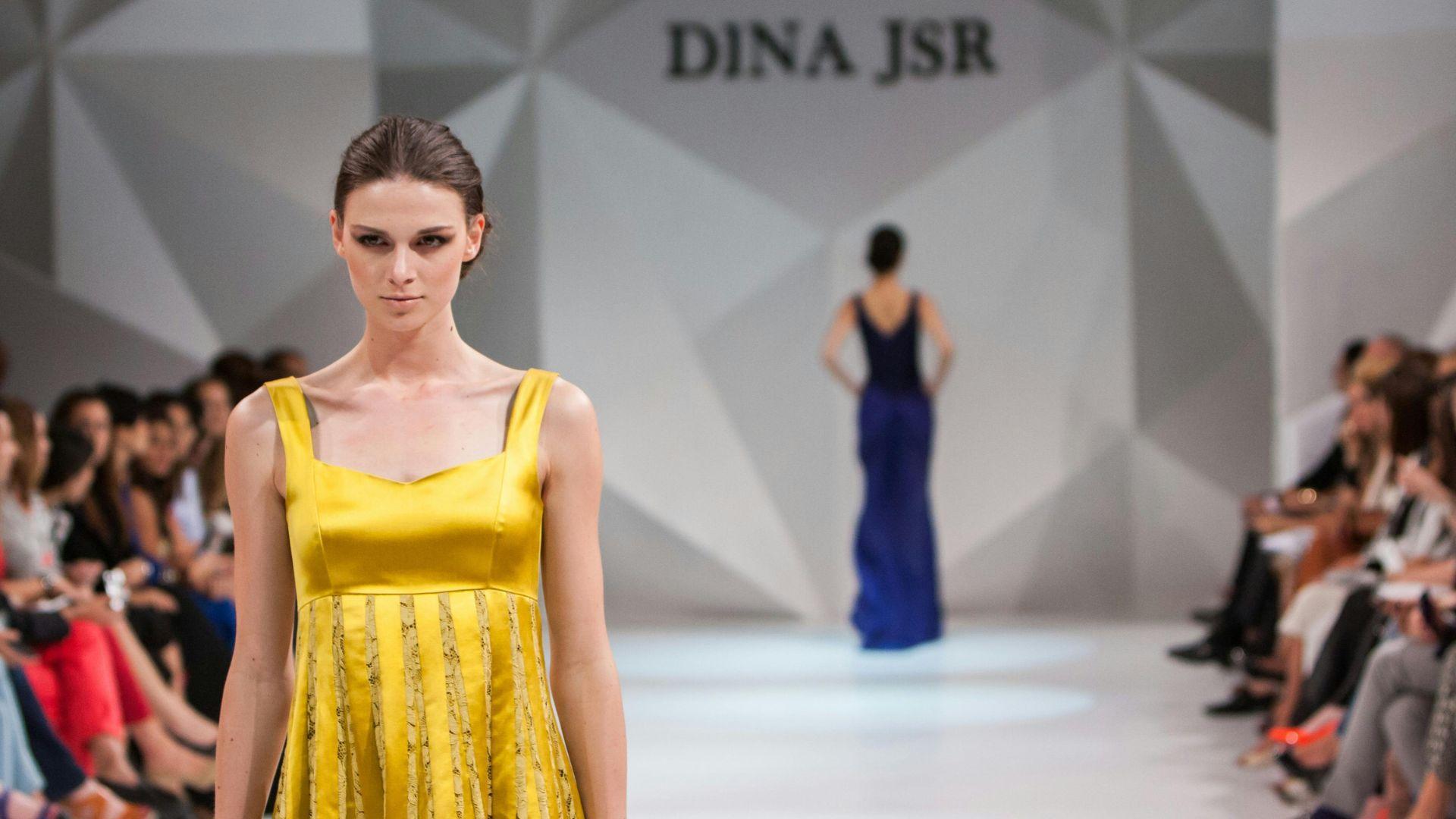
Dazed Digital reveals that in the U.K., models are expressing similar worries about their likenesses being used without their knowledge.
Elizabeth Peyton-Jones, founder and CEO of Model’s Trust, said, “We’ve got a lot of concerned messages asking what could be done … there is a feeling of helplessness.” The issue of unauthorized image use is spreading, affecting models’ sense of security and control over their own images.
Digital Twin Creation and Its Implications
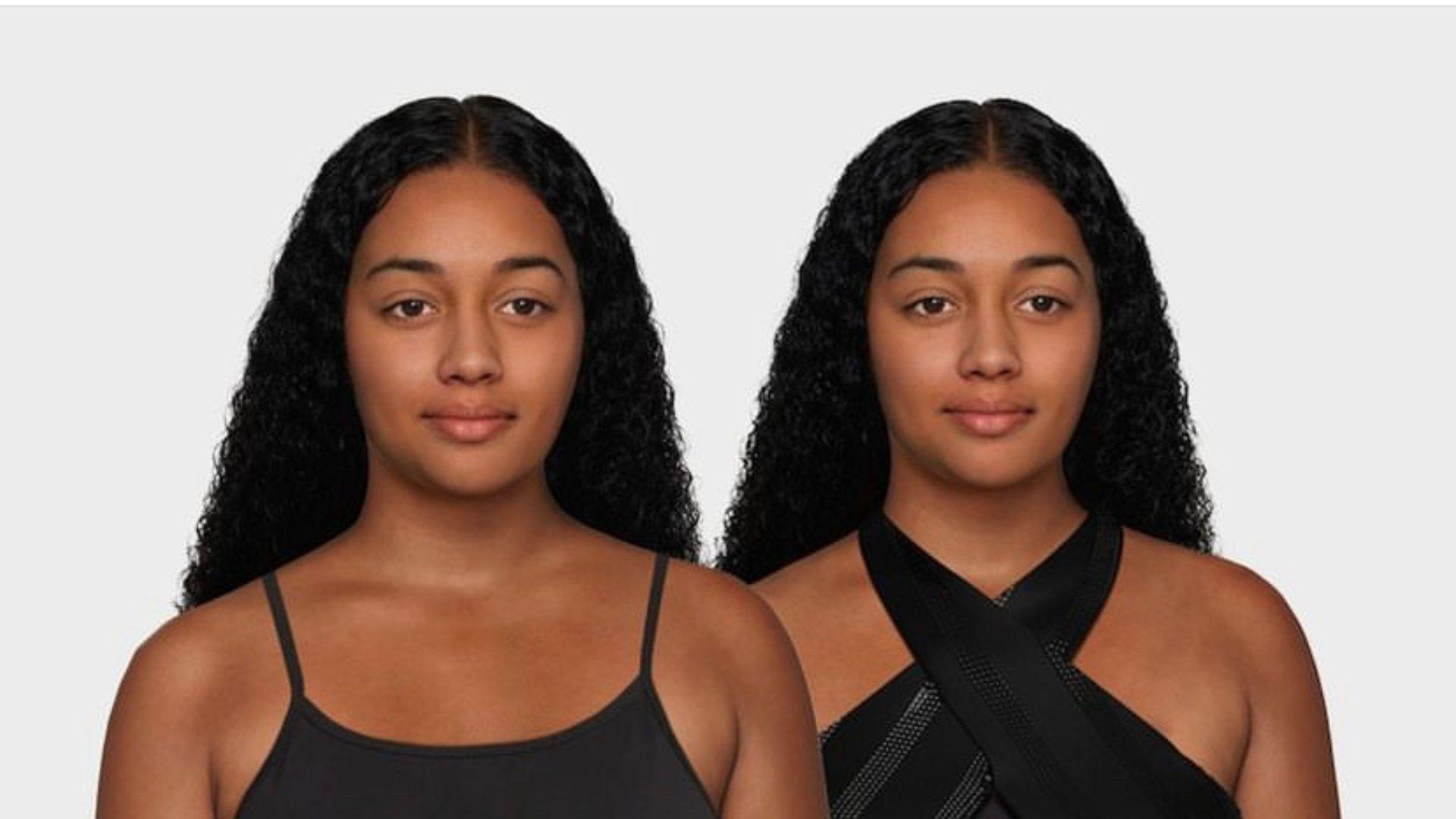
Companies like Deep Agency and LaLaLand.ai offer services to create digital twin models using uploaded images, as reported by Dazed Digital.
For instance, Deep Agency uses uploaded photos to train its AI model, potentially leading to unauthorized use of personal images if they are not deleted by the user.
The Legal Dilemma of Image Ownership
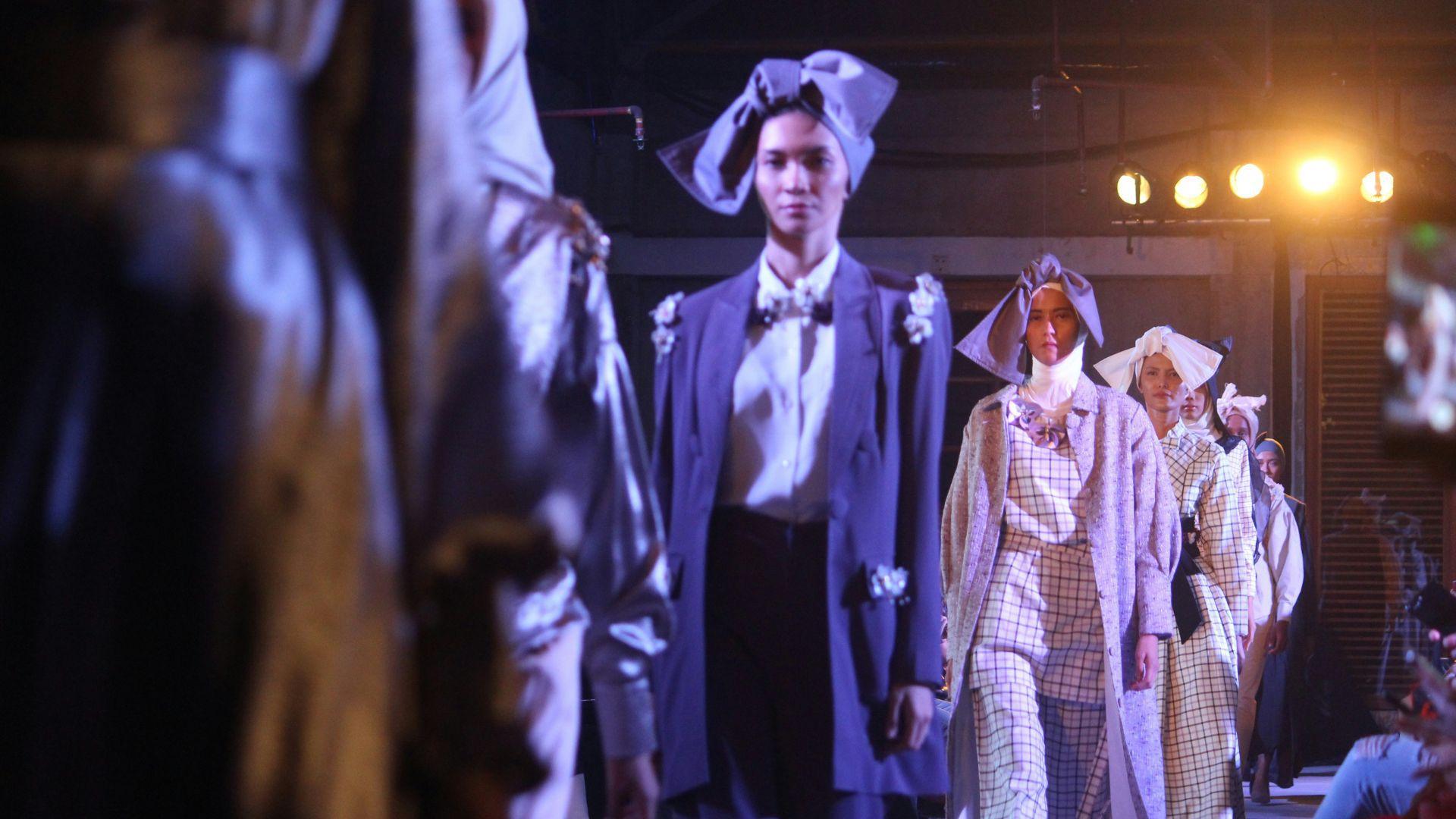
The question of who owns a person’s likeness is legally complex. Models often do not have ownership over their images, regardless of the context in which they were taken.
Dazed Digital notes that in 2019, Emily Ratajkowski faced a lawsuit for posting a picture of herself taken by paparazzi. These legal ambiguities extend to AI, where individuals’ images are used to train and replicate AI models.
Protecting Personal Characteristics in the U.S.
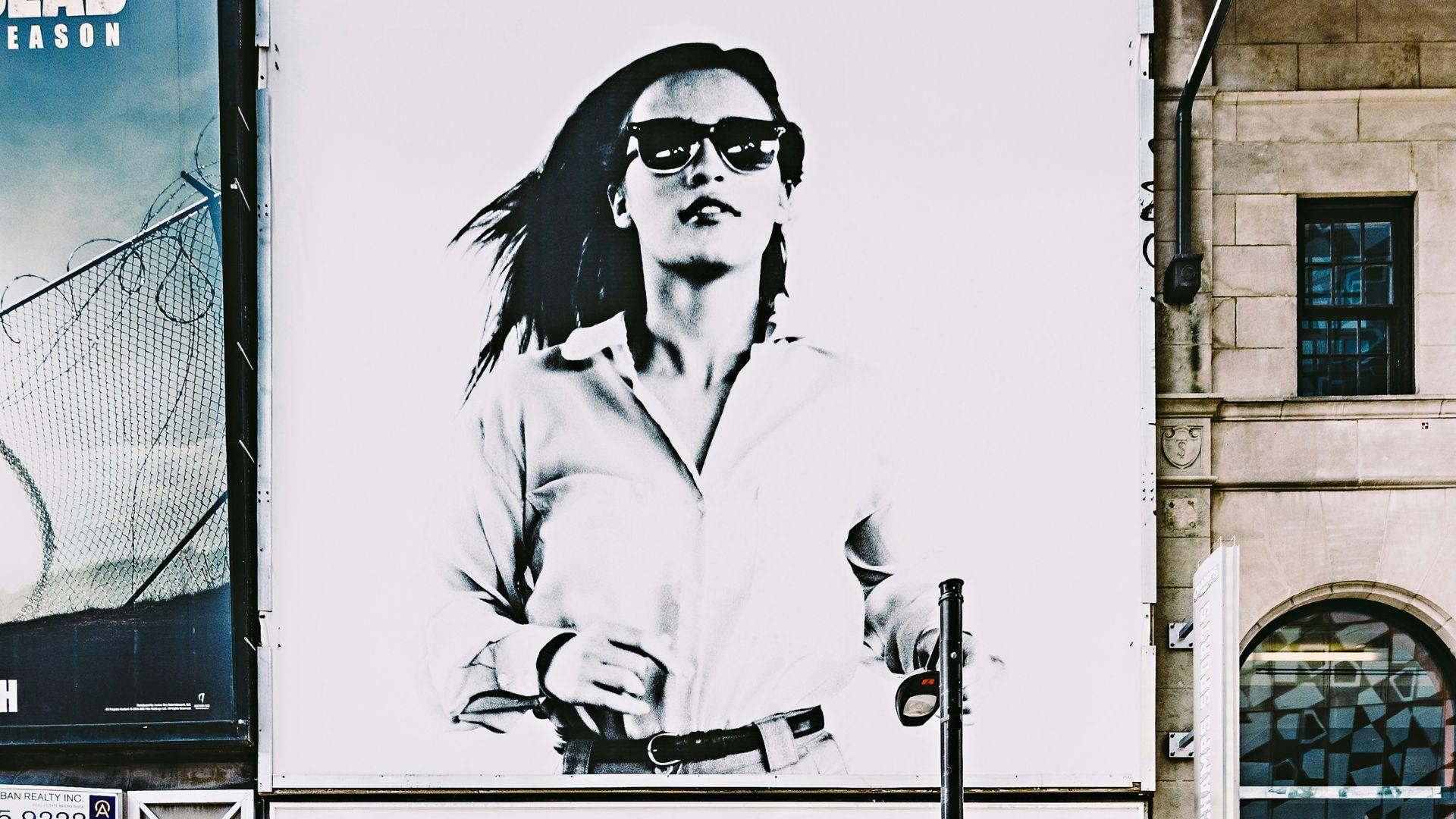
In the United States, the law offers some protection for personal characteristics, including likeness and image.
William Wortley, an associate at Bird & Bird, one of the world’s leading law firms regarding intellectual property, told Dazed Digital, “Court will recognize a person’s publicity or image rights.”
Challenges in the U.K. for Protecting Image Rights

In contrast, Dazed Digital reports that the U.K. does not have a stand-alone “image” or “personality” right. Individuals seeking to protect their likeness must explore other legal avenues, such as copyright infringement claims.
For example, Rihanna successfully sued Topshop for using her image without permission, demonstrating the complexity of protecting personal images in the U.K. legal system.
Generative AI and the Legal System

The legal system is currently struggling with the implications of generative AI on intellectual property and copyright infringements.
“Over time, more certainty will hopefully emerge regarding how AI technology can be used,” Wortley told Dazed Digital.
AI’s Impact on the Future of Modeling
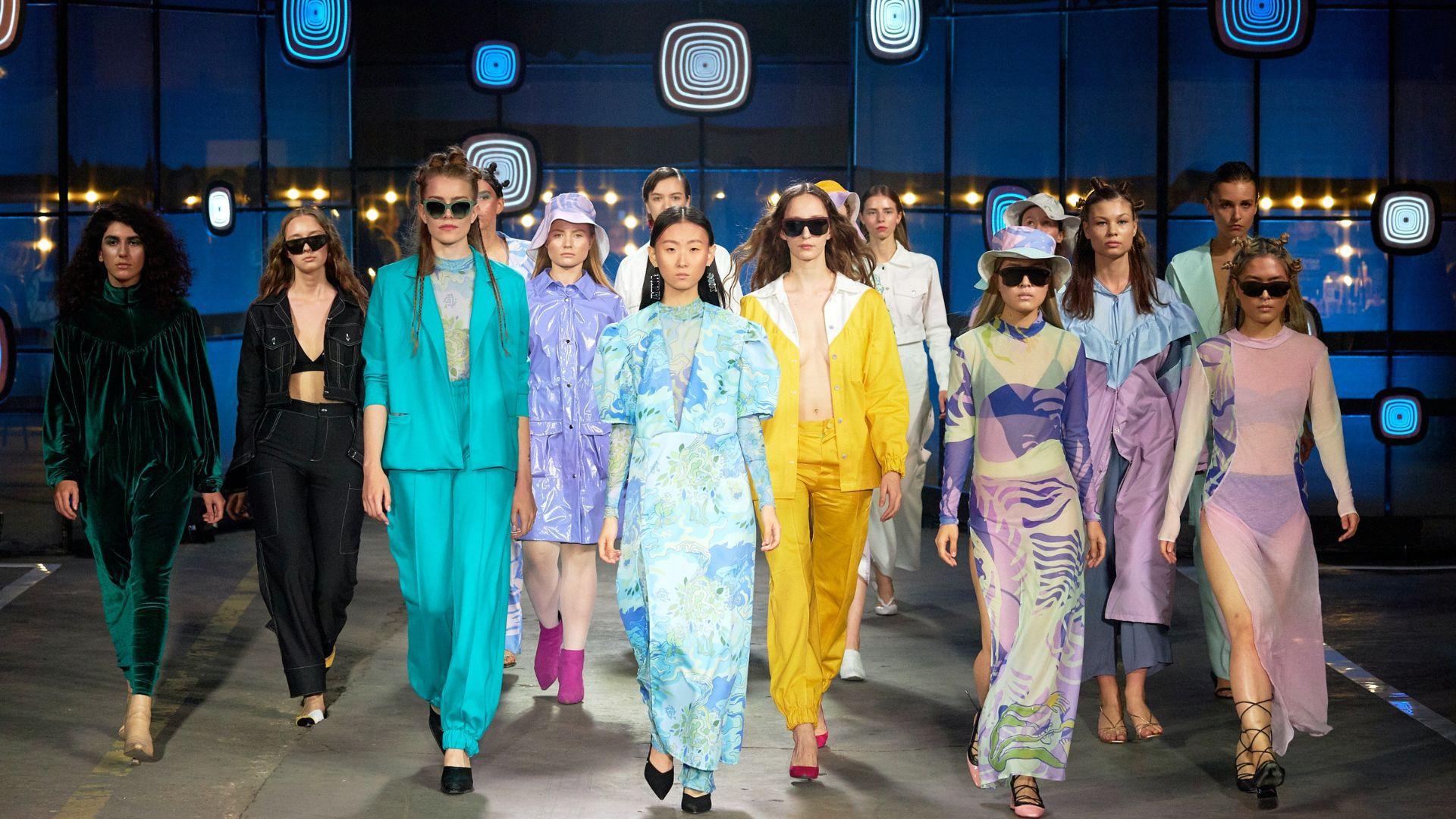
The modeling industry is facing uncertainty with the advent of AI models. There is a particular concern for the potential replacement of human models, especially those from minority groups.
However, some industry professionals, like agent Jordan Shiel, view this development optimistically. “I do not see this technology replacing the need for real-life models,” Shiel told Dazed Digital.


